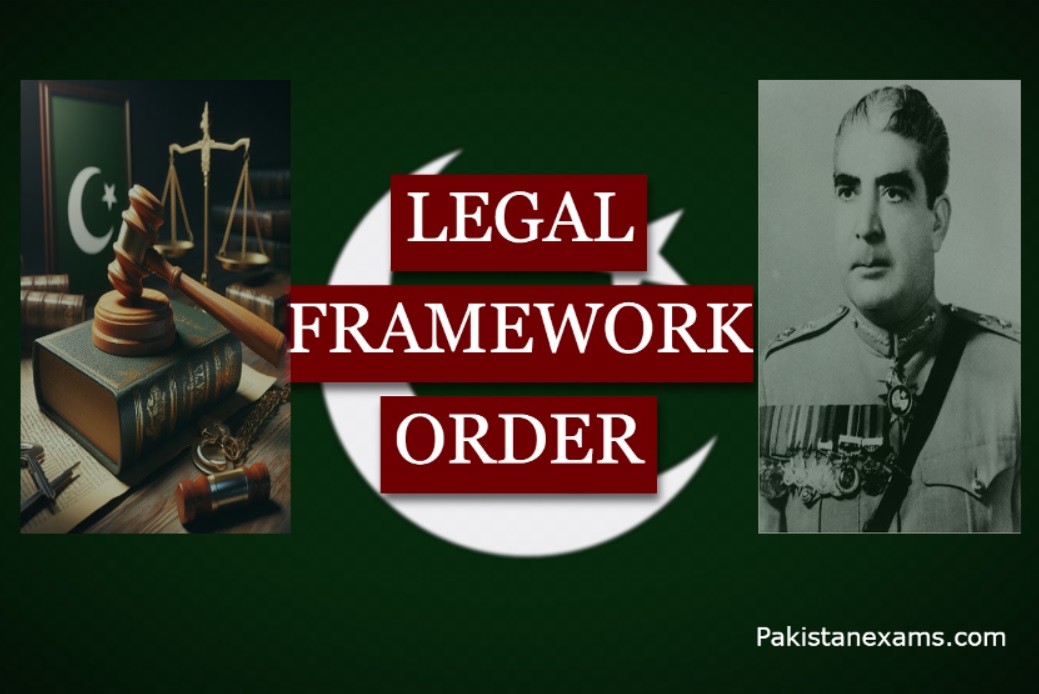Introduction
Pakistan found itself at a crossroads in the tumultuous years following President Ayub Khan’s regime. The need for stability, constitutional clarity, and a path toward democratic governance led General Yahya Khan to introduce the Legal Framework Order (LFO) in 1970. This presidential decree laid down the groundwork for the first direct elections in Pakistan’s history and set the stage for a new constitutional era.
Dissolution of the “One Unit”
- Background:
The One Unit Scheme, implemented earlier, had merged the four provinces of West Pakistan into a single administrative entity. However, it faced resistance and controversy, particularly from East Pakistan (now Bangladesh), which sought greater autonomy.
- Yahya’s Decision:
Recognizing the need for representation and equality, Yahya dissolved the One Unit. West Pakistan was re-established as four separate provinces: Punjab, Sindh, Balochistan, and the North-West Frontier Province (now Khyber Pakhtunkhwa).
- Significance:
This move aimed to address ethnic tensions and create a more balanced political landscape.
The LFO: An Interim Constitution
- Purpose:
The Legal Framework Order acted as an interim constitution. Its primary function was to provide a framework for conducting elections.
- Election Setup:
The LFO paved the way for direct elections to a unicameral legislature—the National Assembly of Pakistan. It decreed that the assembly would consist of 313 seats.
- Shift from Parity:
Departing from the precedent set by the 1956 Constitution, which ensured parity between East and West Pakistan, the LFO introduced proportional representation. East Pakistan, with its larger population, received 169 seats, while West Pakistan had 144.
- Constitution Drafting:
The elected Constituent Assembly was tasked with drafting a new constitution within 120 days. The LFO granted the President the right to approve the final constitution, leaving the process details to the assembly.
The First General Elections
- Historic Moment:
In December 1970, Pakistan witnessed its first general elections under Yahya Khan’s regime. The people cast their votes directly, shaping the future of the nation.
- Challenges and Hopes:
The elections were a critical step toward democracy. However, tensions persisted, especially between East and West Pakistan. The Awami League, advocating Bengali nationalism, sought autonomy, while West Pakistan remained cautious.
- Legacy:
Yahya Khan’s tenure laid the groundwork for democratic transition, but it also highlighted the complexities of balancing regional interests and national unity.
Conclusion
The Legal Framework Order of 1970 remains a pivotal chapter in Pakistan’s constitutional evolution. It taught us that democracy requires more than legal decrees—it demands active participation, dialogue, and a commitment to inclusivity. As we reflect on Yahya Khan’s legacy, let us strive for a Pakistan where constitutional principles align with the aspirations of its diverse populace.

